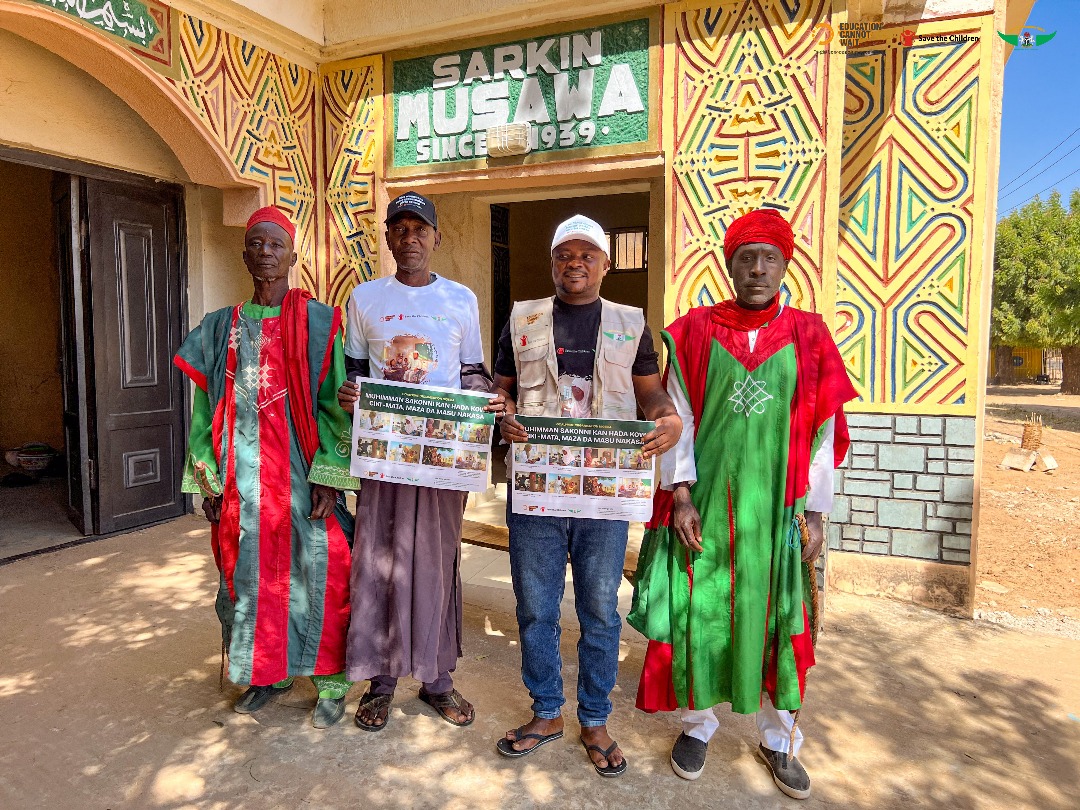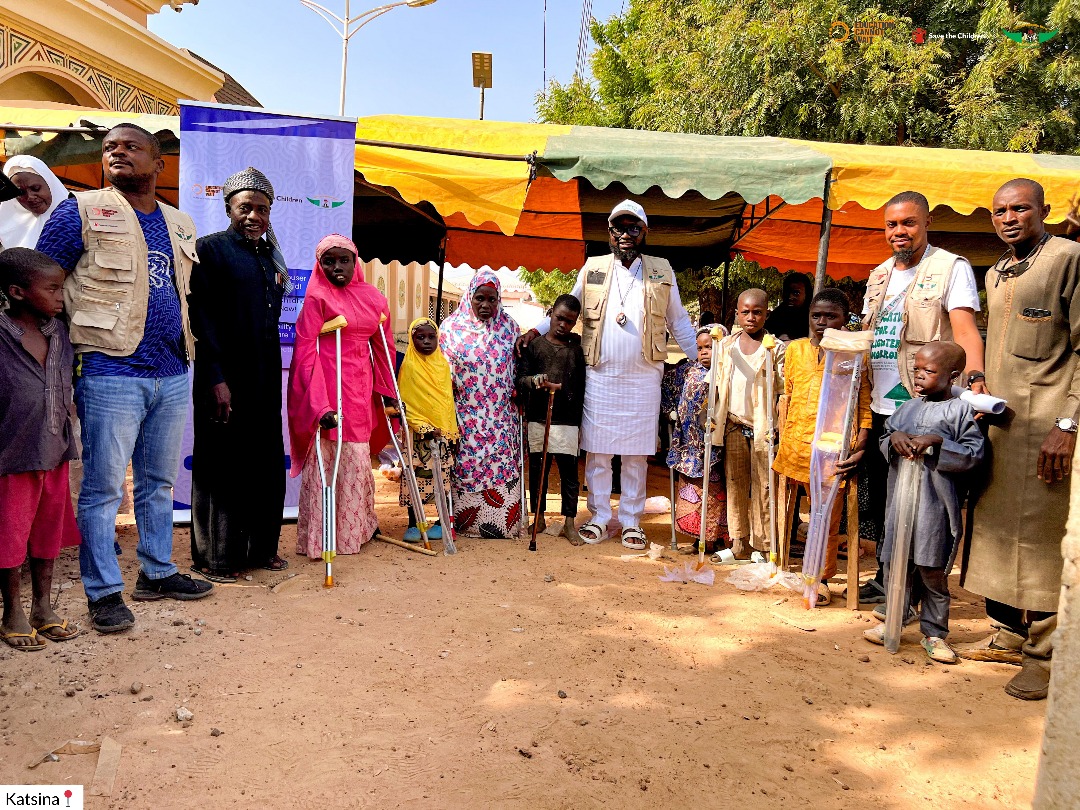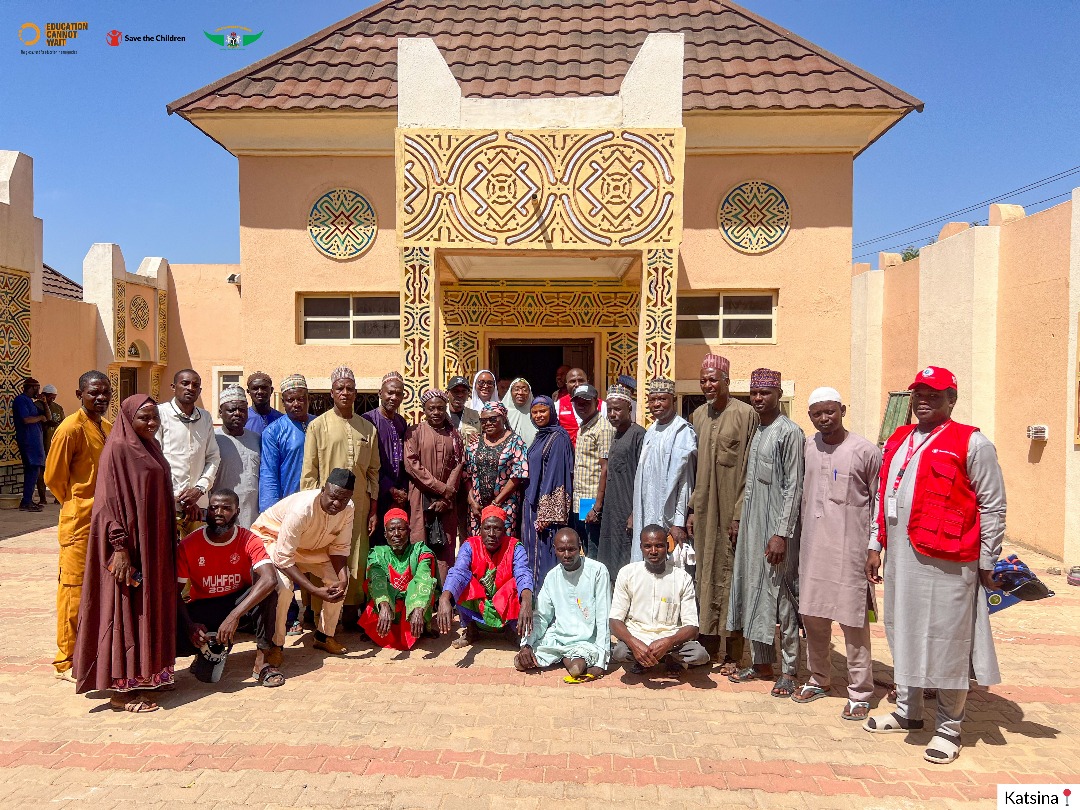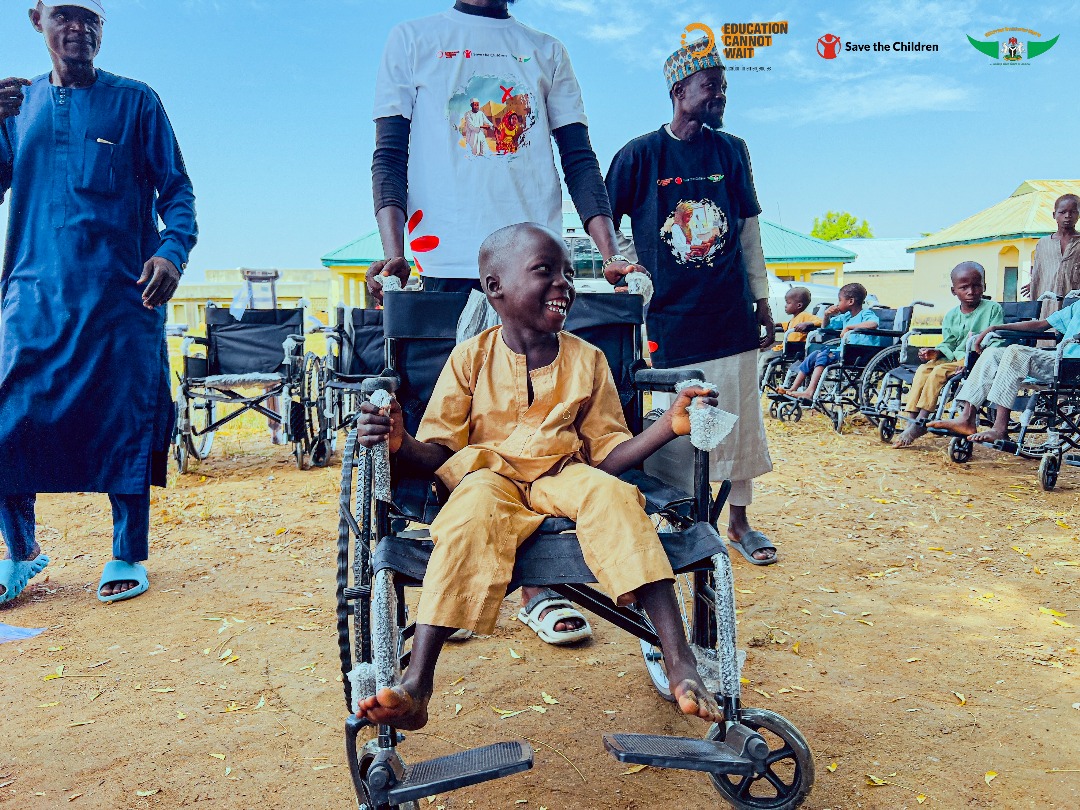
GOALPrime Organization Nigeria Participated in a Refresher Training: Enhancing Flood Response Capabilities

Strengthening Nigeria's response to flooding is crucial, especially as climate change increases the frequency and severity of these disasters. Recently, GOALPrime Organisation Nigeria participated in a vital two-day refresher training for flood response partners, honing skills in case management, Family Tracing and Reunification (FTR), Mental Health and Psychosocial Support (MHPSS), and Gender-Based Violence (GBV) response. This training aimed to prepare organizations to better serve affected communities and improve overall flood response effectiveness.
The Urgent Need for Improved Flood Response in Nigeria
Flooding in Nigeria affects thousands each year, displacing families and disrupting lives. The current challenges demand innovative solutions and enhanced collaboration among response organizations. Improved flood response strategies can ensure timely aid delivery and support for the affected communities.
GOALPrime's Commitment to Capacity Building
GOALPrime Organisation has consistently focused on capacity building in disaster response. By providing training, participating in training and resources to local partners, GOALPrime empowers communities to handle crises effectively. This dedication helps create a network of skilled professionals ready to act when disaster strikes.

Overview of the Two-Day Refresher Training
The two-day refresher training focused on three main areas: Family Tracing and Reunification (FTR), Mental Health and Psychosocial Support (MHPSS), and Gender-Based Violence (GBV) response. Each session included hands-on activities, discussions, and best practice sharing. Participants left with enhanced skills and practical tools to improve their responses to flooding.
Case Management Best Practices for Flood Affected Populations
Streamlining Case Registration and Data Management
Efficient case registration is essential for tracking flood-affected individuals and families. Participants learned digital tools for data management, ensuring that information is accurate and accessible. This streamlining helps organizations respond quickly and allocate resources effectively.
Effective Needs Assessment and Resource Allocation
Understanding the needs of affected populations is vital for effective response. Training included strategies for conducting thorough needs assessments. Participants practiced prioritizing aid based on community needs, ensuring that resources reach those who need them most.
Monitoring and Evaluation of Case Management Outcomes
Monitoring and evaluating response efforts is key to improving future actions. Participants discussed methods for assessing case management outcomes, which helps organizations identify areas for improvement and adjust strategies accordingly.
Family Tracing and Unification Strategies in Post-Flood Scenarios
Utilizing Technology for Efficient Family Tracing
In the aftermath of flooding, family separation can occur. The training highlighted the importance of technology in tracing missing family members. Social media platforms, dedicated apps, and community networks can expedite reunification efforts.
Collaboration with Relevant Stakeholders for Reunification Efforts
Effective reunification requires collaboration among various stakeholders. Participants learned the value of engaging local authorities, NGOs, and community leaders in tracing missing persons. Together, these groups can maximize the chances of successful reunification.
Addressing the Psychological Needs of Separated Families
Flooding takes a toll on emotional well-being. The training emphasized the need for mental health support as part of family reunification efforts. Understanding the psychological impact on families fosters a comprehensive approach to recovery.
Addressing Mental Health and Psychosocial Support in Disaster Relief
The Impact of Flooding on Mental Well-being
The emotional aftermath of flooding can be severe. Stress, anxiety, and depression often follow disaster events. Organizations must recognize these mental health challenges to provide proper support.
Providing Trauma-Informed Care and Support Services
Training sessions focused on trauma-informed care principles. Participants learned to create safe spaces for individuals to share their experiences. By providing empathetic support, organizations can help communities heal.
Integrating Mental Health into Comprehensive Flood Response
Mental health support should be integral to flood response efforts. The training encouraged organizations to weave mental health strategies through their overall aid plans, ensuring that psychological needs are met alongside physical needs.
Strengthening Community Engagement and Partnerships
The Role of Community Leaders in Disaster Response
Community leaders play a critical role in disaster response. They have insights into local needs and can mobilize resources effectively. Training included strategies for engaging with these leaders to enhance response efforts.
Building Strong Partnerships with Local and International Organizations
Collaboration is key in disaster relief. Participants learned about building partnerships with various organizations, both local and international. These alliances can increase resource availability and improve overall effectiveness.
Promoting Community-Based Disaster Risk Reduction Strategies
Community-based strategies are essential for reducing future risks. The training encouraged participants to promote local initiatives that prepare communities for potential flooding. Empowered communities can take proactive steps in disaster management.

The Importance of Continued Training and Capacity Development
Continuous skill development is vital. Regular trainings ensure that organizations stay updated on the latest best practices. This commitment helps build an agile and effective response network.
A Better Humanity is Possible!






Add Comment